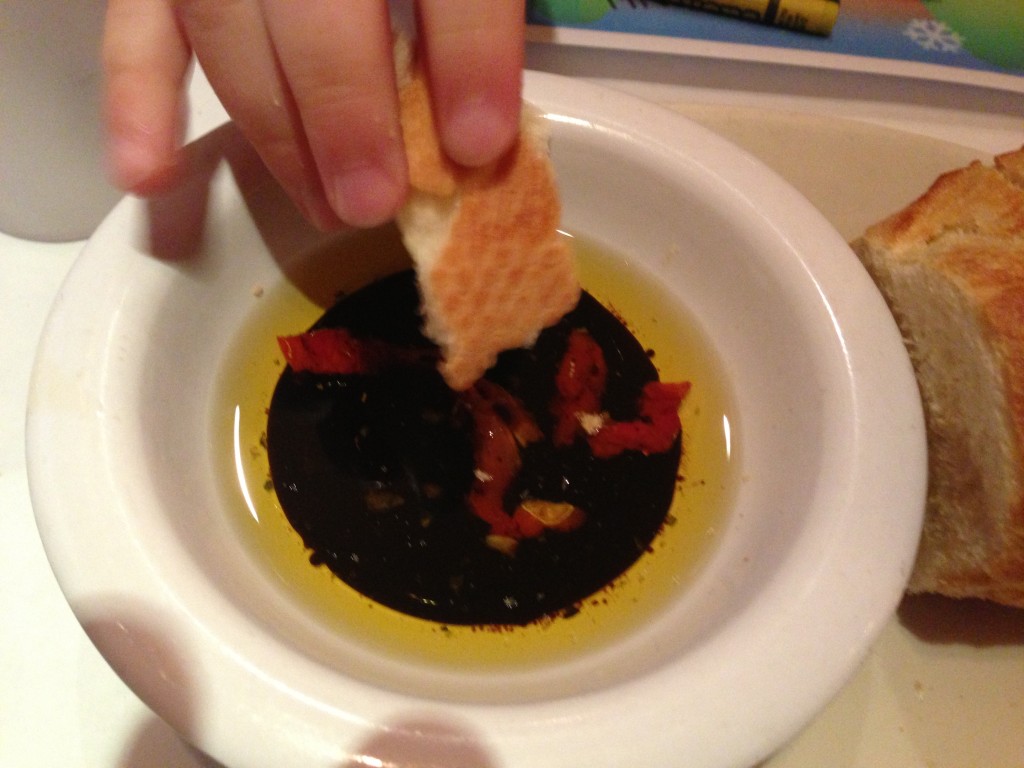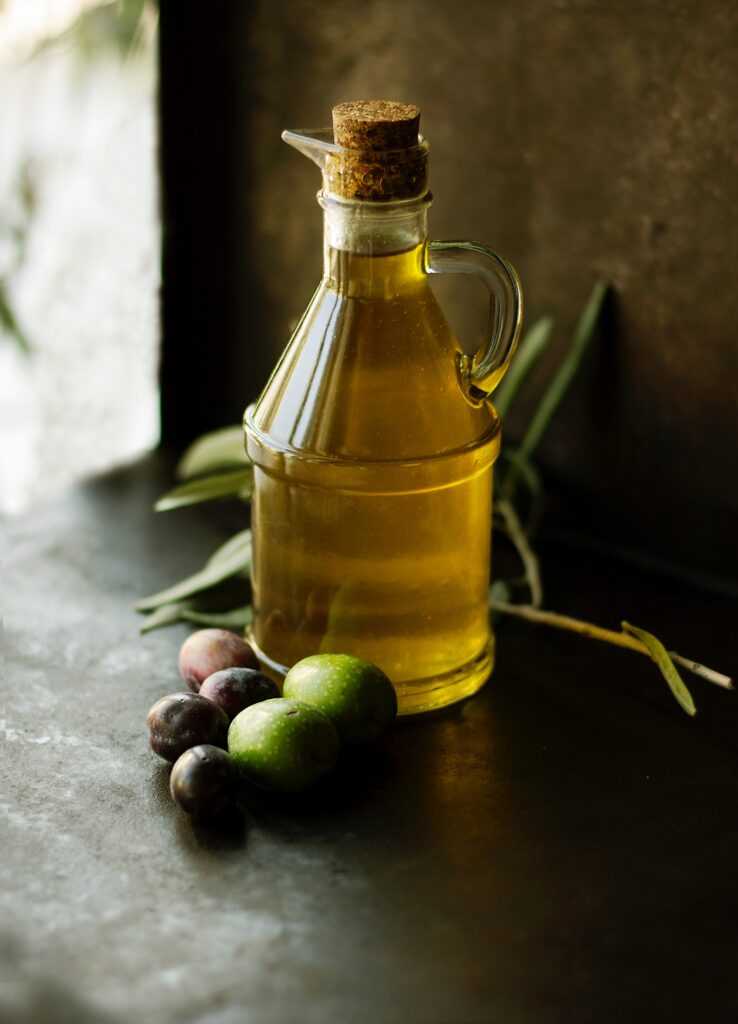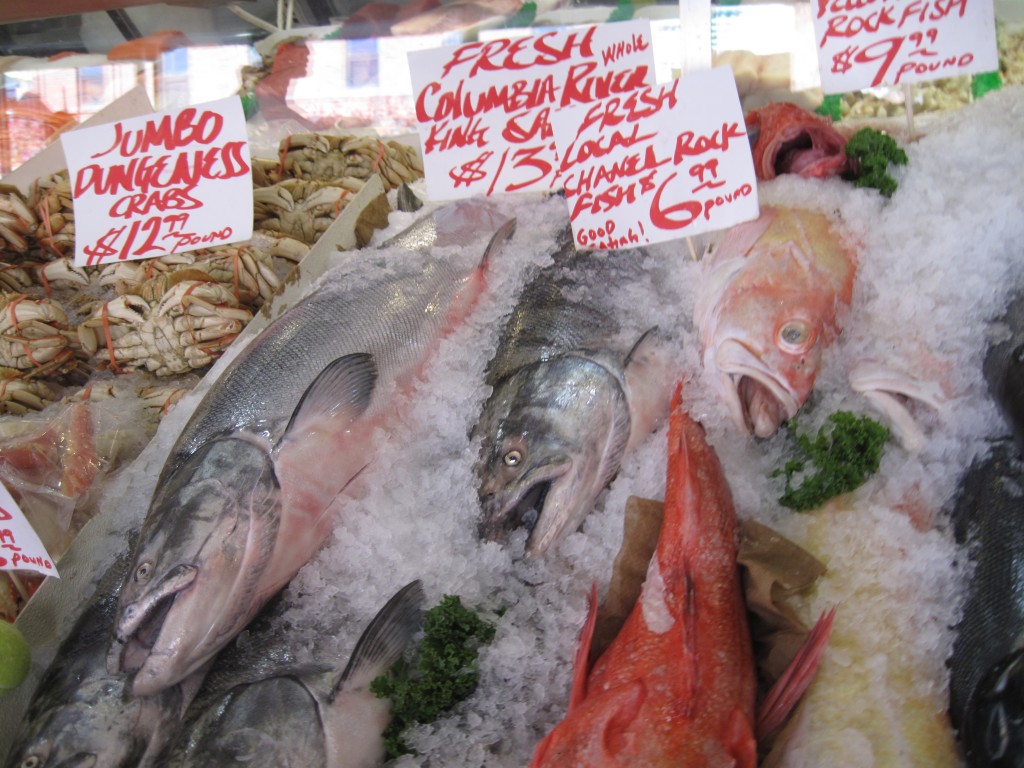Mediterranean Diet – Fats
Olive oil is the single ingredient most associated with the Mediterranean Diet. It is the one single food substitution you can do that will improve your health immediately and have great consequences. But not all olive oil is the same.
Olive oil and your heart
There are many types of fat that you can find in your diet. Saturated fat will raise your LDL level, increasing your risk of heart disease and stroke. Olive oil, which is unsaturated, decreases the risk of heart disease.
Types of Fat
Fats are confusing. You will hear saturated, poly unsaturated, monounsaturated, and trans fats. First, we won’t look at the chemical structure of fats. Second, we will look at the evidence that the food is associated with fat and how it influences our bodies. Finally, we will dismantle some bad arguments against certain fats.
Saturated Fats – it’s the source, not the ingredient
Sources: butter, red meat, dairy.
What the Mediterranean Diet showed us was that the total diet mattered more than the individual ingredient. In spite of the revolutionary approach to using cohort studies with complete diets, many have insisted on pulling that apart to find out if one ingredient is “bad.” For years, saturated fat was considered the “bad” part of what we ate. The American Heart Association recommended limiting saturated fat to just ten percent of what you eat. The AHA recommended changing from saturated fat to polyunsaturated fat or monounsaturated fat. There has never been a question about olive oil, but a few concerns have been raised about some polyunsaturated fat.
Dairy and Fish vs Red Meat
Adding more fish and dairy to your diet decreases the risk of heart disease. Adding more red meat to your diet increases your risk of heart disease. This study, from the EPIC group, was impressive in its size, and its ability to factor out other issues that might increase heart disease. Once again, cohort studies show it isn’t as important.
Cheese
Besides heart disease, cheese decreased the risk of dementia among a cohort of Finnish men followed for 22 years.
Another cohort study found that cheese was associated with a lower risk of pre-diabetes. Other forms of dairy products did not have this same benefit. This flies in the face of some vegans, who insist diabetes comes from saturated fat.
Finally, non-dairy cheese is not a great source of nutrients. I know my fellow vegans want to find a good alternative for cheese, but there simply isn’t one.
Proving again that the whole food is greater than its parts, fish.
Fatty fish have been shown to decrease not only cardiovascular mortality, but all causes of mortality. But not fish oil.
Fish consumption has been associated with a lower risk of heart disease. Further, fatty fish decrease the risk of all cause mortality.
Fatty fish contain high quantities of omega-3 fatty acids. Our body cannot make these fats, we must get them from our diet. Here are the fish that are high in omega 3 fatty acids:
- salmon
- sardines
- mackerel
- herring
- lake trout
- canned light tuna
Tilapia is not bad
Even tilapia has some omega-3 fatty acids, in fact, it has about four times as much omega-3 fatty acids as grass fed beef. However, tilapia has ten times less omega-3 fatty acid as salmon. Some have discouraged the consumption of tilapia, but it remains an inexpensive, sustainable type of fish. Just for reference, tilapia has the same amount of omega-3 fatty acid as cod, scallops, shrimp, and wild lobster.
Different types of Omega-3 fatty acids
There are two kinds of omega-3 fatty acids in fish — eicosapentaenoic acid (EPA) and docosahexaenoic acid (DHA). One of the few supplements that all physicians recommend are DHA for pregnant women. This is essential to the brain of the child.
Polyunsaturated Fatty Acids
- Poly unsaturated fatty acids are anti-inflammatory
- They are extracted with hexane
- Data of PUFU show they are healthy
- There is less hexane if you consumed from your diet for a year than one whiff of the gas you put into your automobile
Olive Oil
- You can cook with it, this is the only oil used in cooking in most homes in Italy and Greece
- Extra Virgin Olive oil standards are the highest from those produced in the United States
- Over 80% of the Extra Virgin Olive oil imported is contaminated with other oils
- The smoke point is around 400, but up to 475 F when you used “refined” olive oil
- My favorite olive oil is from the US, but the tastiest is from Liguria in Italy (my opinion)

Olive oil, balsamic vinegar, sardines all provide elements of taste – the sour, salty, and savory, combine with bread – the sweet and you have a perfect balance
REFERENCES:
Cheese and Dementia
Giosuè A, Calabrese I, Lupoli R, Riccardi G, Vaccaro O, Vitale M. Relations Between the Consumption of Fatty or Lean Fish and Risk of Cardiovascular Disease and All-cause Mortality: A Systematic Review and Meta-analysis. Adv Nutr. 2022 Feb 2:nmac006. doi: 10.1093/advances/nmac006. Epub ahead of print. PMID: 35108375.
See Previous Blog re Med Diet
https://www.yourdoctorsorders.com/2022/08/the-modern-mediterranean-diet/
EPIC Study and Fats
Steur M, Johnson L, et. al Dietary Fatty Acids, Macronutrient Substitutions, Food Sources and Incidence of Coronary Heart Disease: Findings From the EPIC-CVD Case-Cohort Study Across Nine European Countries. J Am Heart Assoc. 2021 Dec 7;10(23):e019814. doi: 10.1161/JAHA.120.019814. Epub 2021 Nov 19. PMID: 34796724; PMCID: PMC9075396.
Cheese and Pre-diabetes
Slurink IAL, den Braver NR, Rutters F, Kupper N, Smeets T, Elders PJM, Beulens JWJ, Soedamah-Muthu SS. Dairy product consumption and incident prediabetes in Dutch middle-aged adults: the Hoorn Studies prospective cohort. Eur J Nutr. 2022 Feb;61(1):183-196. doi: 10.1007/s00394-021-02626-9. Epub 2021 Jul 10. PMID: 34245355; PMCID: PMC8783852.
Why Vegan Cheese isn’t great
Craig WJ, Mangels AR, Brothers CJ. Nutritional Profiles of Non-Dairy Plant-Based Cheese Alternatives. Nutrients. 2022 Mar 16;14(6):1247. doi: 10.3390/nu14061247. PMID: 35334904; PMCID: PMC8952881.





